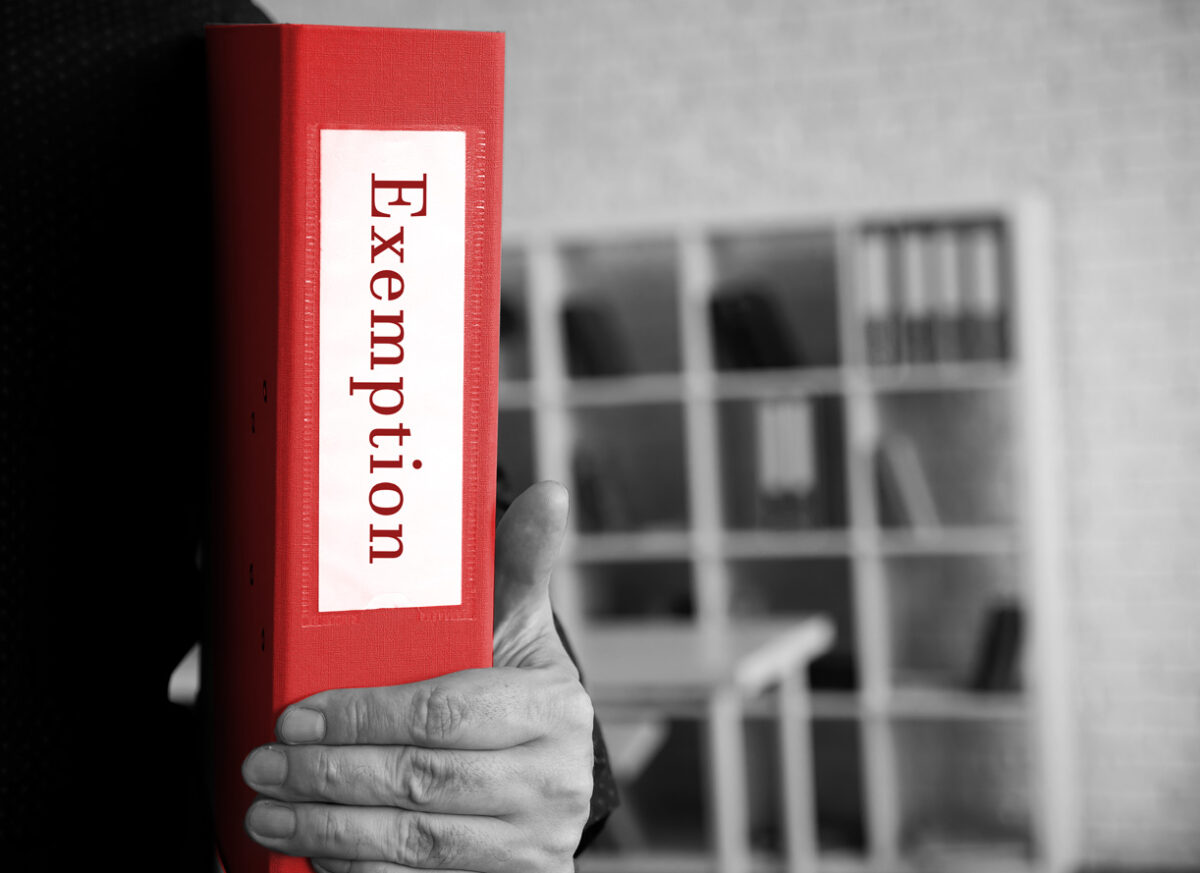To weigh the options you may have, you need to consider the following three questions. First, are you truly eligible for an exemption? Second, is your employer justified not to accommodate your exemption? Third, what will your employer do next?
Are you truly eligible for an exemption?
Covid-19 vaccine exemptions are rare. Personal preference or opinion, or fear for possible side effects without evidence will not justify a request for an exemption. In addition, the proof for the exemption has to come from a reputable source that has the expertise or the status to give that opinion. The burden is generally on the employee to show sufficient evidence to prove that they need an exemption. Otherwise, the employee may not be able to demand an exemption.
Is your employer justified to not accommodate your exemption?
Let us assume that you are eligible for an exemption. If you are eligible for an exemption, that generally means you are protected under the that requires employers to accommodate employees. For example, if an employee has a medical condition that prevents them from getting the Covid-19 vaccine while the employer has a mandatory vaccination policy in place, the employer has to accommodate the employee instead of punishing the employee for not following the mandatory policy. Possible accommodation could involve working from home, daily rapid tests, masking, and physical distancing, changing roles, or other ways that could achieve the same purposes of the mandatory vaccination policy. If the employer fails to accommodate the employee who has a legitimate ground not be vaccinated, the employer may violate the employee’s human rights and face the consequences as a result.
That being said, an employer’s duty to accommodate is not without limit. If there is no way to accommodate an employee without causing undue hardship to the employer, the employer will be justified not to accommodate the employee. For example, if the government requires the employer to implement a mandatory vaccination policy in their workplace without exceptions, the employer will be unable to allow the employee to physically work at their workplace while unvaccinated. If the employee has to work at their workplace, and there is no other alternative role that the employer can offer the employee, the employer would be justified not to provide accommodations.
What will your employer do next?
If an employer will not accommodate an employee’s requests for an exemption, there are many possibilities for next steps. For example, your employer may:
- eventually choose to do nothing except for several warnings as they may not really want to terminate you
- offer you a different role or shift schedule where mandatory vaccination is not necessary.
- temporarily lay you off until it becomes safe to work without vaccination.
- terminate you with or without cause.
There is no one-size-fits-all solution. That said, you may want to try to negotiate with your employer first to see if there is a solution that benefits both parties. If negotiation is not working, you may need to consider how to assert your legal rights, as you may be entitled to human rights damages, a termination package, or reinstatement if terminated. However, you must keep in mind that these rights may not apply depending on the situation, and you may have difficulty finding another job during the pandemic if you leave your current employment due to a mandatory vaccination policy.
If you need guidance from an experienced employment lawyer, Hum Law Firm can ensure you receive a fair severance package.
Complete our Free Assessment Form Here
Call HUM Law today at (416)214-2329 or email info@thehumlawfirm.ca


